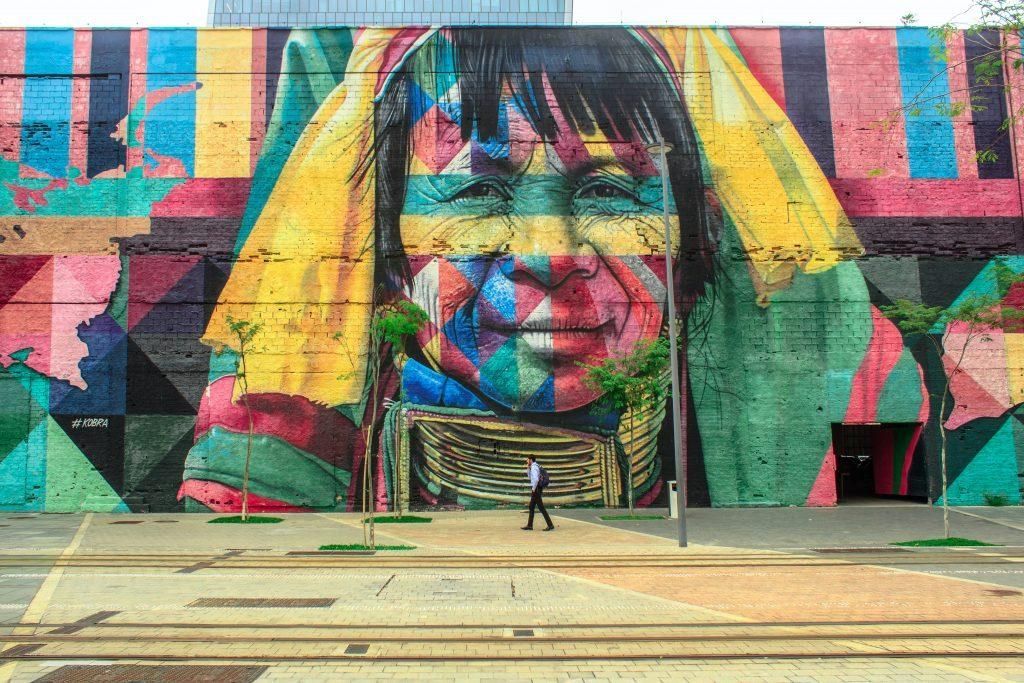BIPOC Mental Health Awareness Month: Highlighting Strength and Resilience in BIPOC Communities

Formally introduced in 2008, National Minority Mental Health Awareness Month (or BIPOC Mental Health Awareness Month) was created to bring awareness to the unique mental health struggles that underrepresented groups face. In 2021, the theme of BIPOC Mental Health Awareness Month is Strength in Communities. The theme offers the opportunity to highlight the cultural shortcomings of typical approaches to mental health treatment, and call attention to alternative mental health supports founded in BIPOC communities.
BIPOC MENTAL HEALTH DISPARITIES
Facing cultural stigma and other obstacles, BIPOC communities are more likely to suffer from poor mental health outcomes. Here’s why it’s important to consider BIPOC mental health —
- In 2019, suicide was the second leading cause of death for blacks or African Americans, ages 15 to 24.
- American Indian/Alaska Natives are 60 percent more likely to experience the feeling that everything is an effort, all or most of the time, as compared to non-Hispanic whites.
- In 2018, Asians were 60 percent less likely to have received mental health treatment as compared to non-Hispanic whites.
- Poverty level affects mental health status. Hispanics living below the poverty level, as compared to Hispanics over twice the poverty level, are twice as likely to report serious psychological distress.
- In 2019, suicide was the leading cause of death for Native Hawaiians/Pacific Islanders ages 15-24.
SHORT-COMINGS OF WESTERN MENTAL HEALTH MODELS
The Western medical model is most commonly used to understand mental and physical health. It emphasizes accurate diagnoses, evidence-based treatments, and measurable outcomes. However, it fails to address the unique needs of BIPOC communities. Here’s why —
- Diagnosis: Diagnosis procedures are not always culturally competent, which can result in underdiagnosis or misdiagnosis.
- Treatment: When a diagnosis is achieved, the dominant treatment practices are not always relevant for marginalized communities.
- Evidence-Based Modalities: Even evidence-based practices can be marred by implicit racism and bias and lack of diversity.
- Health Insurance: Typical health insurance structures fail to appropriately recognize community and cultural support.
- Healthcare System: There is a deep mistrust of the western healthcare system as a whole among BIPOC communities.
MENTAL HEALTH SUPPORT THAT EMBRACES BIPOC COMMUNITIES
Fortunately, there are alternatives to the Western medical model. The following practices offer different ways to address medical and mental health, as well as help foster healing, strength, and resilience in BIPOC Communities.
- Community care: The generations-old approach is structured around the collective beliefs of the communities. Community care holds the well-being of each individual as intrinsically tied to the well-being of others. Together in their communities, members address needs (including mental health concerns) in solidarity.
- Culturally-based practices: By relying on cultural values, the support system provides comfort, security, trust, and healing to individuals in BIPOC communities.
- Self-directed care (SDC): The practice encourages individuals struggling with mental health issues or substance abuse to take direct responsibility to manage their care.
ESTABLISHING STRENGTH AND RESILIENCE IN BIPOC COMMUNITIES
Members of BIPOC communities and allies can work together to address the mental health needs of BIPOC individuals. Here’s how —
- Educate yourself. Take a critical look at current healthcare systems. Consider the weaknesses and strengths of existing frameworks.
- Advocate for accessibility. Call for healthcare that respects the unique needs of all cultures.
- Think outside of the box. Go beyond traditional healthcare if it is not serving your cultural needs. Search for resources within your community or create cultural support systems.
BEHAVIORAL HEALTHCARE FOR BIPOC INDIVIDUALS AT THRIVE
Thrive welcomes individuals of all races, backgrounds, genders, and identities. Many of our team members even specialize in treating racially related mental health concerns. Reach out to us to learn more.
The post BIPOC Mental Health Awareness Month: Highlighting Strength and Resilience in BIPOC Communities first appeared on Thrive Wellness.








